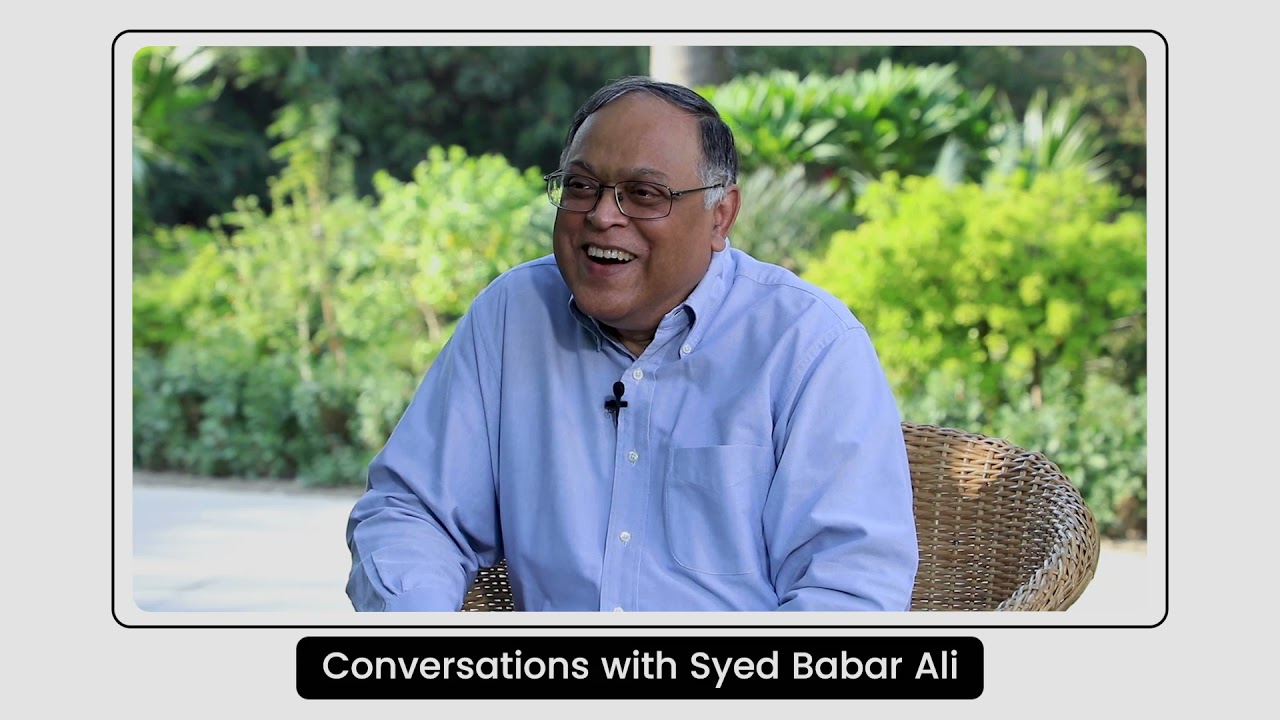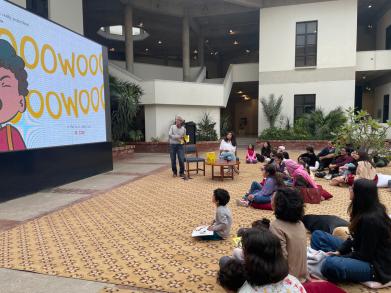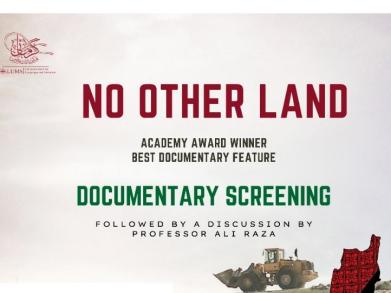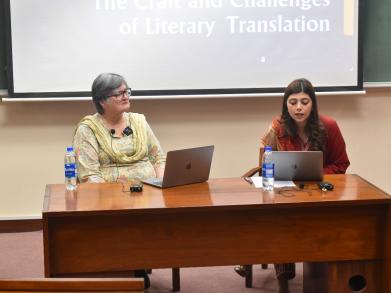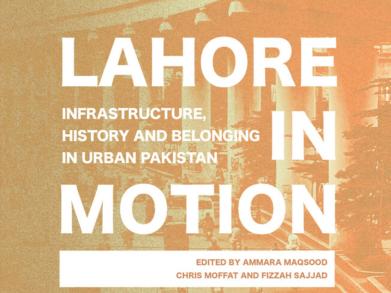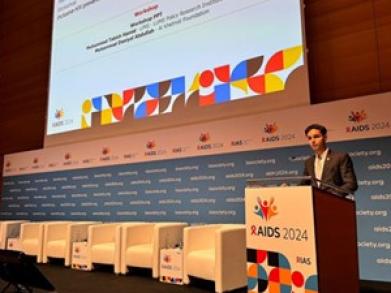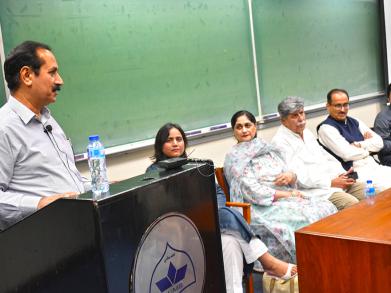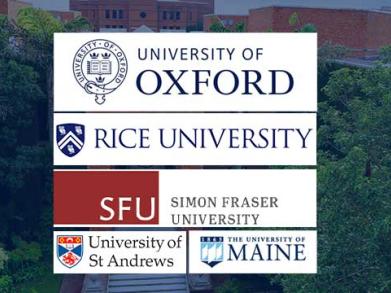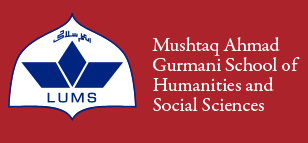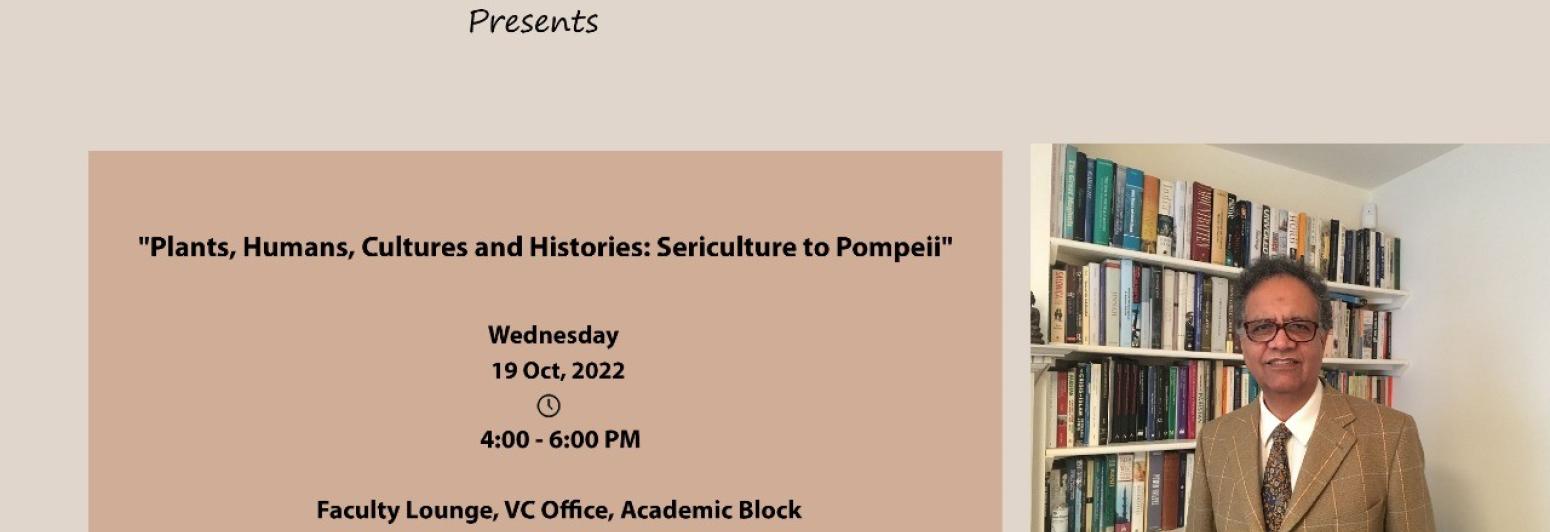
to
"Plants, Humans, Cultures, and Histories: Sericulture to Pompeii" - Professor Iftikhar H Malik (Bath Spa University)
Abstract
Ensconced within a multi-disciplinary domain, the thematic ideas behind this effort aim at locating an interface between human history, plants, and food cultures where faiths, myths, literature, and arts cohere helping us reconstruct historical experiences across the regions and millennia. The greatest revolution in human life occurred when we became food producers from erstwhile food gatherers which other than establishing sedentary communities and civilizational infrastructures, led to a redefinition of this intersectionality. Trees and plants always provided shelter, shade, food, comfort, and even a religious sphere to humans for eternity and some of them like banyan and olive assumed exceptional religious sanctity whereas even in the modern era, many people still ritualistically turn to trees given their age and specific shape. Poetics and miniature arts under the Timurids and the Ottomans offer ample examples of this human-nature mutuality which might be linked with how sericulture developed in ancient China where it was guarded adroitly until it found its way across Central Asia (Sogdiana) via Khotan—true to the parallel tradition of Buddhism and other West Asian faiths moving across the Silk Road into Tibet and further east. Another eminent case study in this context is of Pompeii where recent archaeological research on human remains and dwellings has reconstructed the varieties of food, their places of origin, and a relocation within the Greek mythological cosmos with Bacchus lording over the prevalent cuisine and class structures. Pursuing coffee beans all the way from Ethiopia to England via the Ottomans caused a notable academic and ecclesiastic debate in the seventeenth century to the extent of defining some exclusive Englishness, while induction of tea culture escaped such recriminations. At a time of horrendous challenges from global warming and acute climatic aberrations, we need to relocate this human+nature interdependence to assess how we may head toward a different kind of greening of the Indus regions.
Professor Iftikhar H. Malik, FRHisSoc is Professor-Emeritus at Bath Spa University, MCR at Wolfson College, Oxford, and currently Visiting Professor at GCU, Lahore. He is the author of several books, the most recent of which is Curating lived Islam in the Muslim world: British scholars, sojourners, and sleuths (Routledge, 2021).
Guests coming from outside LUMS are kindly requested to email fahid.ahmad@lums.edu.pk with their full names in order to facilitate their entry to the campus.

